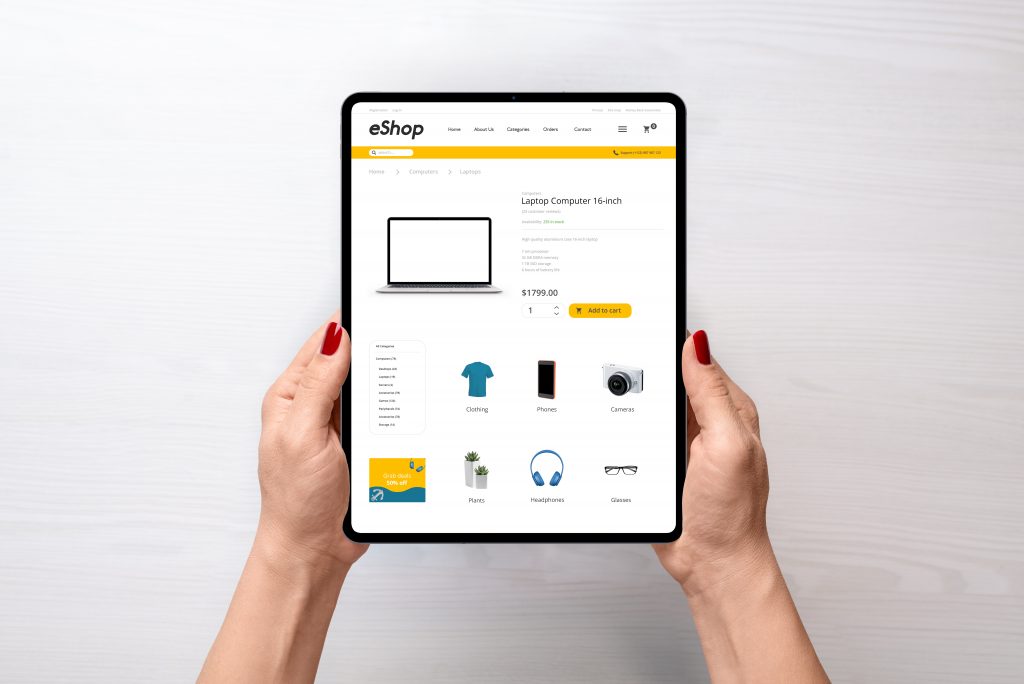Benefits of Integrating APIs for Better Results
- 02.07.2025
Now that businesses across the UK have re-opened, business owners are realising that re-opening requires more than a return to normal, and rather a re-imagination or transformation of processes in favour of new technologies.
The effects of Coronavirus on the British economy will shadow businesses for months to come; forcing re-imagination which will form the foundation for much wider digital transformation across the UK.
Before the lockdown, the average person in the UK spent more than a day a week on their mobile phone. Following the pandemic which has forced us all to isolate over the past few months, we have seen a massive spike in mobile phone usage with some users’ noticing that their screen time was up by more than 200% in just the first few weeks of isolation.
If businesses and organisations overlooked Britain’s mobile addiction before Coronavirus, they cannot overlook it now. It’s important for business owners to understand the value of mobile solutions, which can widen accessibility for customers and increase engagement with your business or brand. More than this, we must recognise customer anxieties at this current time and apps are a great way to maintain engagement and ensure your customers feel a little safer.
If we take the online food delivery market as an example, we can see that food-delivery apps have dramatically changed the way consumers purchase takeaways and restaurant meals in the Western world; as online food-delivery platforms have expanded choice and convenience. The Coronavirus pandemic has forced many businesses within the food and hospitality sector to adapt to the changing climate by investing in mobile apps to facilitate delivery services or move commerce online.
We partnered with Cafe2U to build an intuitive app for their mobile delivery service; bringing award-winning coffee directly to the customer’s workplace. Their mobile delivery service lacked visibility, making it difficult for customers to track and observe their drivers location and progress. Similarly, despite the popularity of their loyalty scheme, Cafe2U wanted to digitise their processes; offering a superior customer experience by moving away from pre-paid cards and their paper-based loyalty card scheme. The app will prove extremely useful now that we have reached the end of lockdown and many customers return to work. Users can pre-purchase drinks on the app and receive notification alerts when their driver is outside, allowing users to adhere to social distancing measures in the workplace.
Despite the adoption of new technologies, the Coronavirus pandemic has had extremely damaging effects on the food and hospitality industry, forcing many smaller businesses to close their doors. In light of this, we’re encouraging small businesses to focus on digital transformation; adopting new technologies and agile processes that will ensure continuity now that the UK lockdown has been lifted. There is a significant focus being placed on food order and delivery apps which will provide ease of use for customers and offer a safer alternative to vulnerable or high-risk customers who still feel the resounding effects of the pandemic.

The Coronavirus crisis has taught businesses across the world that actively engaging with your customers and responding quickly is fundamental to business continuity. However, long-term success is dependant on the adoption of new technologies on a large scale.
Business owners will accelerate growth and revenue by moving commerce online in order to meet changing consumer needs as customer buying patterns are rapidly changing. More than this, making use of new technologies such as AI and chatbots will allow businesses to build more personal customer experiences as well as enhancing employee workflow efficiency by providing frontline staff with the data insights they need to personalise customer experiences.
It’s important to consider the value of cloud-based solutions by moving internal applications to the cloud on a large scale. Similarly, assess your internal security processes and look to reinvent these to provide more internal agility; transforming your existing operating model.

We must invest in transformative processes that are helping businesses re-open and thrive post-lockdown. Digital transformation appears to be the key to ensuring that businesses remain competitive, agile and resilient. Investing in new and innovative ways to create agile and stronger long-term capabilities such as digital and cloud-based solutions will shape the way forward.
Email for enquiries: georgia@appoly.co.uk